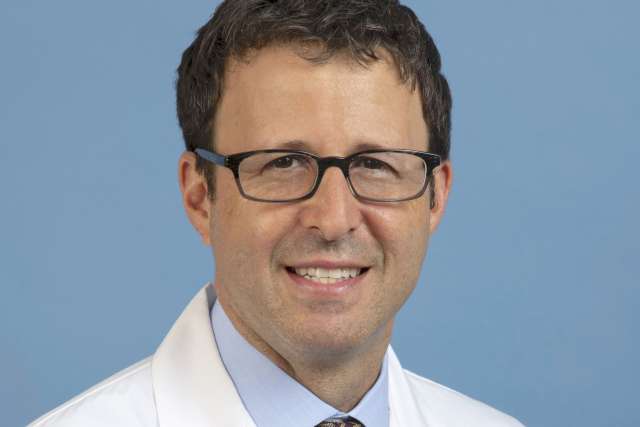For the first time in over a decade, a new drug combination has been approved by the U.S. Food & Drug Administration to treat hepatocellular carcinoma, the most common type of liver cancer, as a first-line treatment.
Researchers found that a combination of atezolizumab, an immunotherapy drug that boosts the body’s natural defenses, and bevacizumab, an anti-angiogenesis drug that inhibits the growth of tumors’ blood vessels, improved overall survival and reduced the risk of death by 42 percent. It also decreased the risk of the disease worsening by 41 percent, and the percentage of patients whose cancer shrank or disappeared more than doubled.
Results from the clinical trial that led to the FDA approval were published in the New England Journal of Medicine and led by Dr. Richard Finn, a professor of medicine at the David Geffen School of Medicine at UCLA and director of the signal transduction and therapeutics program at the UCLA Jonsson Comprehensive Cancer Center.
“The therapy is a real game-changer for people diagnosed with this aggressive disease,” said Finn, who was the study’s principal investigator and lead author. “We now have a new therapy that not only improves survival for people with the disease, which is very challenging to treat, but that helps them live longer while maintaining a high quality of life.”
According to the American Cancer Society, liver cancer incidence rates have more than tripled, and death rates have more than doubled, since 1980. Some 800,000 people are diagnosed with this cancer each year, and it is a leading cause of cancer deaths worldwide, accounting for more than 700,000 deaths annually.
UCLA Health has a comprehensive liver cancer program with a multidisciplinary team to bring the latest treatments to people with all stages of liver cancer.
Tecentriq (atezolizumab) and Avastin (bevacizumab) are registered trademarks of Genentech, a member of the Roche Group.




